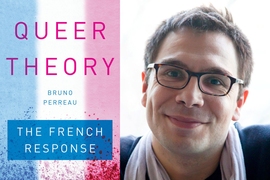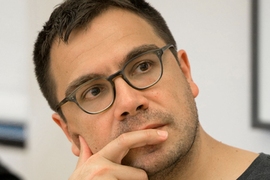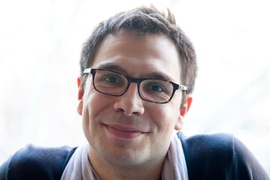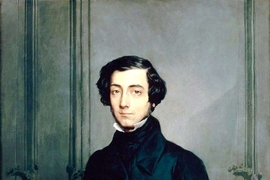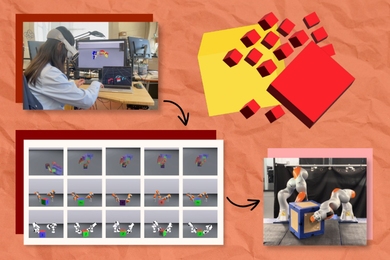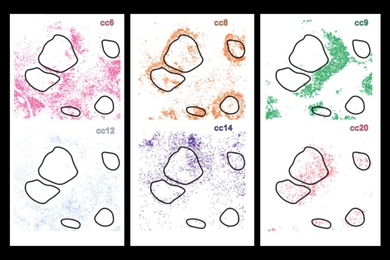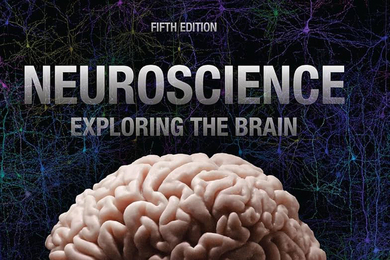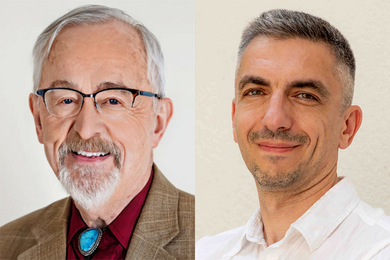In April 2013, the French government passed a law giving gay couples the right to marry and adopt children, despite months of public protests against those rights. But why did this measure — enacted well after similar laws in other European countries had already passed — stir so much controversy in a country often regarded as a bastion of personal liberty? Why have some factions of French society been so reluctant to, well, vive la différence?
To MIT Professor Bruno Perreau, this iteration of the global LGBTQ rights debate highlights an important way of grasping an essential tension in French society: France’s ideology of universalism has helped it drive toward equality in some respects, but the country has had trouble accommodating social differences in other regards.
“France defines its identity through the logic of unity,” says Perreau, the Cynthia L. Reed Professor of French Studies and Language in MIT’s Global Studies and Languages program. In this sense the strife over gay rights, like many French disputes, is “about trying to find what’s the totem of the nation.”
Now Perreau has written a book analyzing this political controversy. And his tome, “Queer Theory: The French Response,” published by Stanford University Press, examines basic French questions of universalism as well as specific contours of the recent dispute — and recommends a new approach to crafting legal rights in the future.
Perreau, who in June 2016 was named a knight in the Order of Academic Palms by the French government, has written several books, including “The Politics of Adoption: Gender and the Making of French Citizenship” (MIT Press, 2014), which also analyzed matters of rights and citizenship. Perreau’s new work crosses disciplinary boundaries; Bernard Harcourt, a professor of law and political science at Columbia University, calls it “a signature contribution to contemporary political and critical theory.”
An American Invasion?
Perreau grounds his study of the debate in French history; as he sees it, this French rights controversy contains a notable mix of the old and the new, politically.
First, the old: As Perreau suggests in the book, the language of France’s antirights movement echoes other episodes in French history, where minority groups were branded as foreign entities in France’s body politic — for instance, it recalls the antisemitism present in the infamous Dreyfus Affair, over a century ago.
“The fear of separatism, the apparent plot against the state, is still very present,” Perreau says.
As for the new, Perreau explains that people campaigning against LGBTQ rights in France developed an unusual new target of ire: American academics, principally “queer theory” scholars, such as Judith Butler of the University of California at Berkeley, who have recast gender identity issues in recent decades. The opponents of the measure, in Perreau’s account, blame those scholars for helping to fuel the issue in France in new ways.
On one level, as Perreau observes, such assertions bear little weight. After all, the struggle for LGBTQ rights in France rests strongly on many of the same fundamental human rights claims, for equality in civic and family law matters, seen in other countries. Indeed, France itself passed a measure recognizing civil unions in the late 1990s.
Moreover, Perreau notes, it is “quite ironic” to hear claims that American queer theory has threatened French traditions, when many of America’s best-known queer theory scholars were inspired by French academic theorists in the first place. At most, the influence of queer theory in this debate represents “the return of French theory to France,” Perreau observes.
“Claiming there is an American invasion is quite absurd,” Perreau adds, suggesting that anti-LGBTQ rights activists have done this for “strategic reasons,” namely, to draw on a convenient tradition of anti-Americanism.
“They give Anti-American arguments a little twist,” says Perreau. “It’s more effective to use arguments that are already present for other reasons.”
Perreau notes that these old and new concerns have been explicitly connected during the recent debates. As he writes in the book, for antirights activists there has been “a direct link between dread of an American invasion and fear of contagion by a minority culture, that is, the propagation of its erotic, political, and social practices.” On both counts, those activists have continued to hold to an exclusionary vision of French society.
Rethinking rights
But as Perreau views it, the stakes in the recent French debates are not limited to debates and political combat about French universalism. Rather, as he emphasizes in the book, the ongoing disagreement over LBGTQ rights can — and should — lead us to reconsider our foundational ideas about rights and the nature of democratic participation.
In Perreau’s view, academic queer theory has helped us perceive the complexities of gender identity — and made it more difficult for the entire breadth of LGBTQ experiences to be reduced to traditional identity-group politics and rights.
Queer theory, Perreau writes, “views kinship as a way of simultaneously belonging and not belonging” within society, and, given a set of social norms, “approaches citizenship from the perspective of the norm’s failures, gaps, and inability to fully grasp reality.” As such, Perreau suggests, today “a feeling of belonging stems from a challenge to, rather than a sanctification of, the social order.”
In turn, he proposes, rights cannot be based on reductive identities but must take into account what Perreau calls “the multipositional nature of minorities.” As he notes, gay men can be fathers; transsexual women can become mothers; and children grow up with a wide variety of parental relationships. These roles demand a more flexible social compact.
Or, as Perreau writes in the book’s conclusion, “These situations … invent new forms of life that combine several types and levels of identity.” Thus, he contends, “We must invent new rights that are at once personal (accruing to individuals) and relational (accruing to members of various communities).”
To be sure, as Perreau acknowledges, doing this might require “a much more demanding political system” than our current democracies can produce. But it might also allow us — all of us — to more fully realize la différence.
